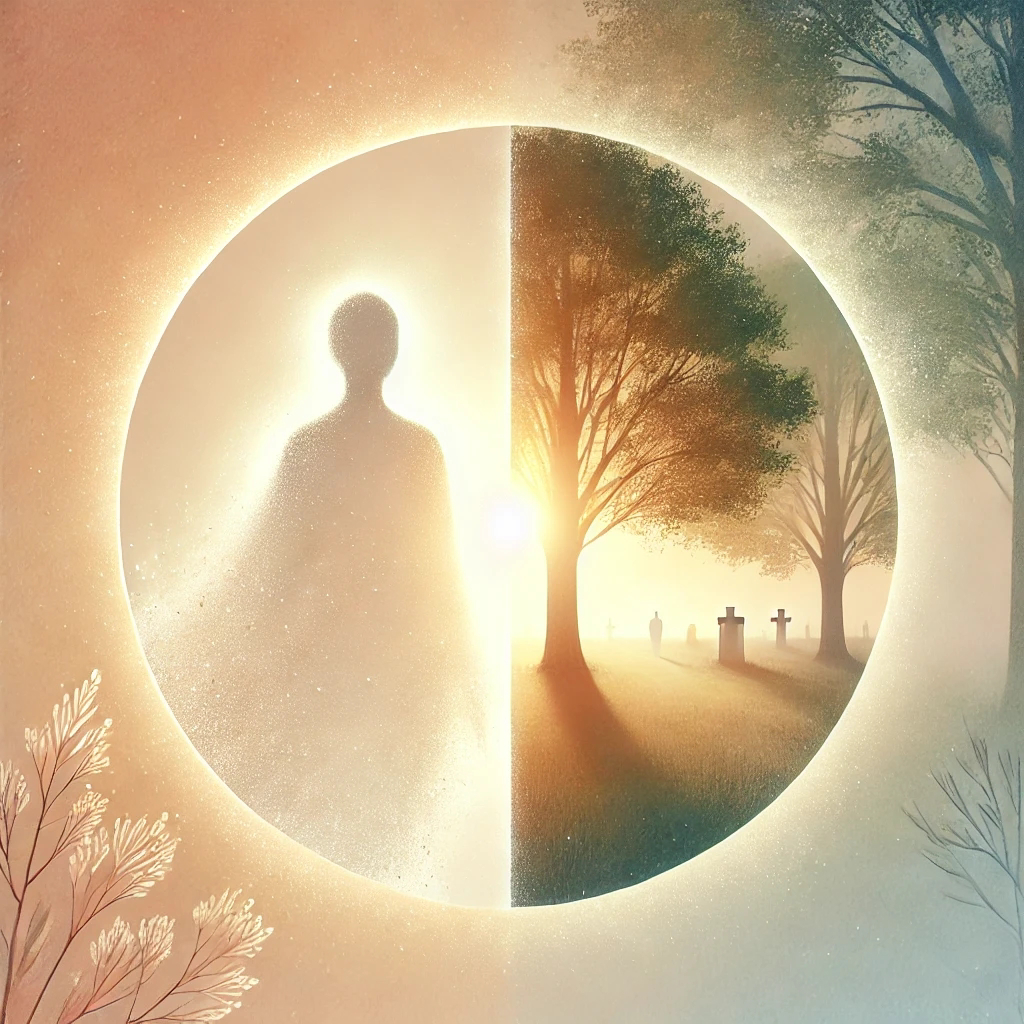Hi there, dreamers and deep thinkers,
When we face the passing of someone we love, a haunting question often arises: Did they suffer in their final moments? This question echoes in our minds, replaying scenarios of fear and pain that we hope they did not endure. Yet, in seeking this answer, we find ourselves stepping into the profound territory where life and death touch.
Understanding the Transition
The process of dying is shrouded in mystery, but one insight shared across spiritual and medical perspectives is that the body has built-in mechanisms for comfort. In many cases, as the body approaches its final moments, there is a natural shift that numbs sensations and provides a degree of peace. This is why doctors often observe that those who pass quietly slip into unconsciousness before their final breath, protected by nature itself.
For those moments that may seem turbulent, the consciousness often withdraws from external awareness. Just as someone in a deep sleep becomes detached from their surroundings, those nearing death often experience a separation from pain and fear. The physical expressions we witness may not always reflect what the person is feeling within.
The Mind and Its Influence
One fascinating insight from psychology and certain spiritual teachings is that the mind holds incredible power over how pain is perceived. In the moments close to death, the mind often shifts to a protective state, cushioning itself from trauma. This might mean that what appears outwardly intense may be internally softened by this subconscious retreat.
Sadhguru, the revered yogi, often says that death is like walking through a door; it is only the fear of the unknown that makes it seem daunting. But for those passing through, especially if they are unconscious or entering a dream-like state, suffering may not even register in the way we living imagine. This insight reminds us that our interpretations as observers can be clouded by our own fears, not necessarily reflecting their true experience.
An Anecdotal Perspective
People who have had near-death experiences (NDEs) often recount a sensation of floating or detachment from their bodies. Many describe feelings of profound peace, warmth, or even a bright welcoming light. While these stories vary, what is strikingly consistent is the absence of fear and pain.
Could this suggest that at the threshold of death, there is something more gentle waiting? We cannot claim certainty, but it is worth noting how widespread these stories are, even across different cultures and beliefs. They point to a shared experience that may offer comfort in knowing that pain and suffering are not as all-encompassing as we fear.
Navigating Our Own Hearts
It’s human to wonder, to replay moments and wish we could have made them better. But remember that this question of suffering often says more about our own pain than theirs. In embracing this, we can turn our focus not just on whether they suffered but on how we honor their memory and continue their legacy with love.
Ultimately, life and death are entwined in the most profound mystery we will ever face. The compassionate answer is to understand that suffering may not have the stronghold we imagine. And so, as we remember those we have lost, we can hold onto the belief that their final moments were likely more serene than we’ll ever know.
Stay curious.
With love,
April
Cognitive Psycho
—
For more on healing, grief, and finding peace after loss, explore the “Hollow Spaces: Life After Loss” series on Cognitive Psycho.





One response to “Did they suffer in their final moments? Understanding the Transition.”
[…] When we face the passing of someone we love, a haunting question often arises: Did they suffer in their final moments? This question echoes in our minds, replaying scenarios of fear and pain that we hope they did not endure. Yet, in seeking this answer, we find ourselves stepping into the profound territory where life and death touch… […]